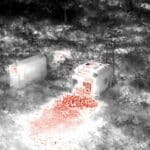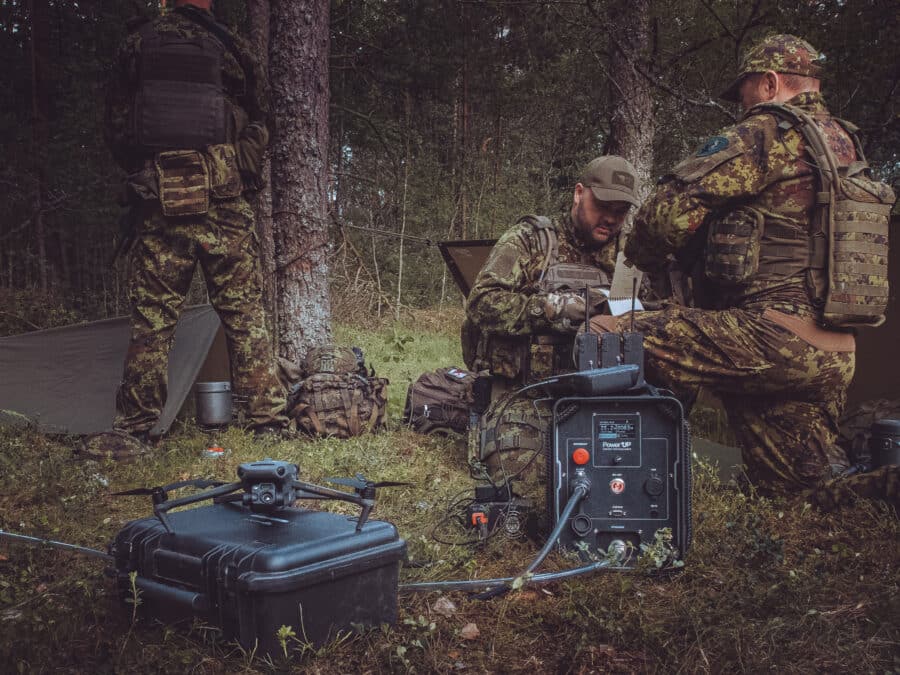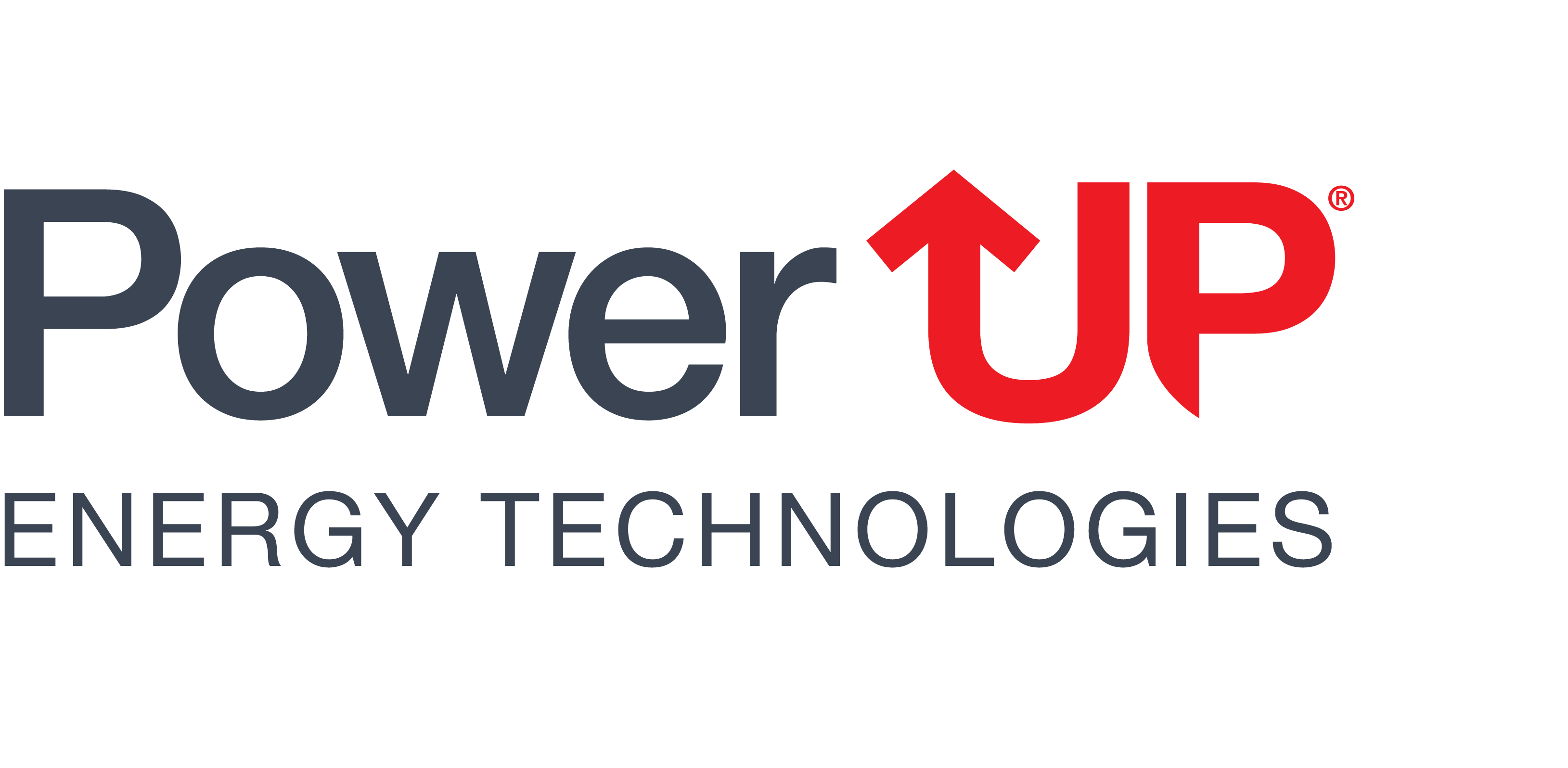
VIDEO: Minimizing Thermal Footprint with Hydrogen Generators
August 6, 2024Hydrogen Fuel Cells Offer Energy Resilience for Military -NATO study

Amid global calls for new military energy solutions, NATO’s recent hydrogen fuel cell technology tests mark a step towards eco-friendly alternatives.
In 2023, NATO conducted trials at France’s Gergy military site, led by NATO’s ENSEC COE, evaluating 400W and 1,000W hydrogen fuel cells paired with advanced battery systems. The findings, detailed in a recently published executive summary by the NATO Center for Energy Security, underscore the strategic benefits of hydrogen fuel cells in boosting energy resilience and simplifying logistics.
Key Highlights of the Field Trial
The assessment provided insights into hydrogen fuel cells under simulated mission conditions. It tested two units—UP400 and UP1K—with integrated battery management, aiming to enhance operational efficiency and reduce logistical complexities.
The study highlighted several operational advantages. Hydrogen fuel cells generate power through a clean chemical process, producing minimal waste. Compared to diesel engines, they offer quieter operation and a smaller environmental footprint, which is crucial for missions requiring stealth and minimal environmental impact. Transporting hydrogen is also lighter and less cumbersome than diesel, improving mission endurance.
Key Benefits
– Stealth: Hydrogen fuel cells operate silently, providing tactical superiority during field missions.
– Longer Mission-Autonomy: They offer efficient energy for extended missions.
– Durability: Demonstrated robust performance under various tough military conditions.
– Ultra-Portability: Optimized for personal carry, reducing logistical constraints.
Strategic Goals and Findings
Primary Goal: Assess hydrogen fuel cells’ compatibility with military energy needs.
Secondary Goals:
– Identify scenarios where hydrogen can reduce reliance on fossil fuels and emissions.
– Evaluate hydrogen’s potential to streamline logistics and provide stable, renewable energy.
The trial confirmed compliance with safety and ecological standards.
Motivation for the Experiment
The drive for sustainable power sources spurred this initiative, addressing issues with traditional diesel generators like high emissions, noise, and logistical challenges. Hydrogen fuel cells offer a quieter, more efficient alternative endorsed for their environmental benefits and operational advantages.
France’s MOD prioritizes energy transition to reduce fossil fuel dependency, emissions, and improve military efficiency. Hydrogen fuel cells, recognized for their promise, were evaluated in collaboration with NATO ENSEC COE, initiating further research phases.
Execution of the Trial
Dual-portable fuel cells from PowerUP were rigorously tested across various military scenarios, supported by engineering advice and field validation from the French Armed Forces. Energy consumption patterns were meticulously monitored during field operations, guiding strategies to optimize energy use. ENSEC experts trained military personnel on hydrogen fuel cell systems, gathering feedback to refine operational procedures and ensure suitability for active duty.
In collaboration with the French MOD, NATO’s exploration into hydrogen fuel cell use signals a shift towards sustainability and operational efficiency in military operations. The trial demonstrated immediate operational benefits and laid groundwork for wider adoption of sustainable energy solutions.

